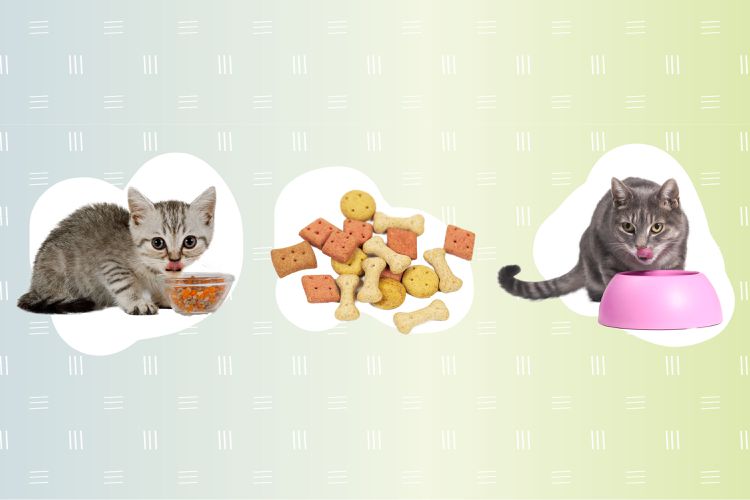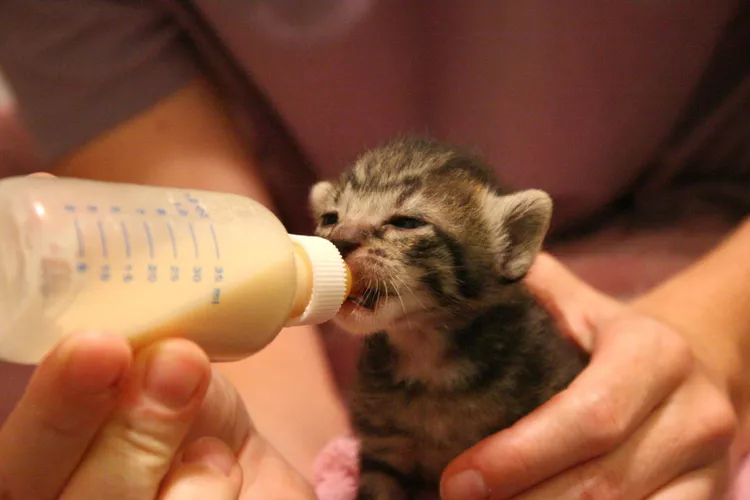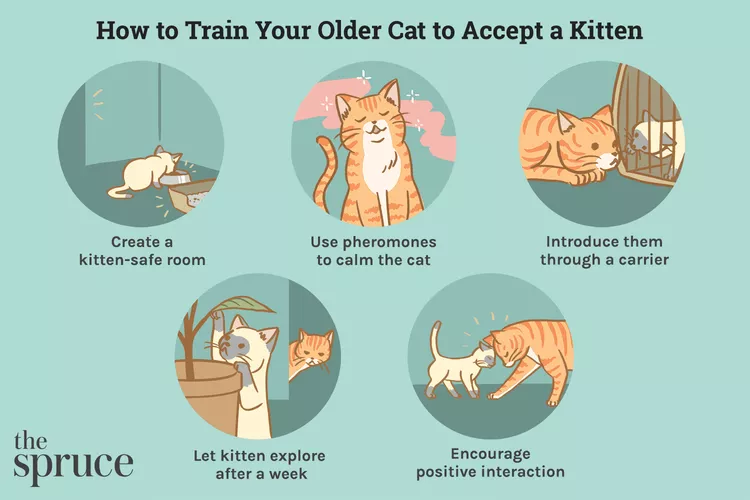
It’s no secret that cats love fish—the fishier, the better. Tuna is a quintessential cat treat, and before the days of commercial cat food, many people used to feed their cats canned tuna.
But now that we know cats have special nutritional needs, is it safe to feed tuna to your cat? If so, how much tuna can cats eat and what kind of tuna can cats eat? Tuna can be a healthy treat for cats—but only in moderation, and you should aim for tuna in water as opposed to oil. Here's what you need to know.
The Benefits of Tuna for Cats
In moderation, tuna can be a healthy treat for most cats. In fact, many commercial cat foods contain tuna as an ingredient. Tuna is high in protein and low in carbohydrates. Tuna also provides the omega-3 essential fatty acids EPA and DHA, which can contribute to overall skin and coat health and may also help improve inflammatory conditions like allergies, heart disease, certain cancers, and kidney disease.
Potential Health Concerns
Although it’s fine to feed your cat small amounts of tuna such as found in lickable cat treats or as a supplement to its complete-and-balanced cat food, too much tuna can be harmful. First, tuna alone doesn’t provide the critical balance of nutrients a cat needs to be healthy. Cats have very specific nutritional needs.
High-quality commercial cat foods include a statement on the label that states that the product is “complete and balanced” as certified by the American Association of Feed Control Officials (AAFCO). The complete-and-balanced statement on a cat food label means that the cat will get all the essential nutrients it needs, in the correct balance, as required for that life stage: adult maintenance (for adult cats), growth and reproduction (for kittens and pregnant or nursing females), or all life stages (for all cats, whether kittens or adults).
The unbalanced amount of vitamin E in tuna can cause problems with fat inflammation, and some pregnant cats eating high-tuna diets have developed bleeding disorders. Additionally, tuna is high in mercury, so too much tuna could potentially lead to mercury poisoning. Although rare, signs of mercury poisoning in cats include incoordination, loss of balance, and problems walking.
Finally, cats can love tuna to a fault. Tuna is extremely tasty, perhaps much tastier than your cat’s healthy regular diet. Some cats, when given tuna regularly, will start turning up their nose at their regular cat food, holding out and hoping you will cave and give them more tuna instead. This can quickly develop into undesirable picky eating and feeding difficulties.
What Kind of Tuna Can Cats Eat?
If you choose to offer your cat the occasional tuna treat, you can choose canned tuna or fresh tuna. Select canned tuna packed in water, not canned tuna in oil or canned tuna with added salt or other flavorings. Chunk-light tuna is a better choice for your cat than albacore, which is higher in mercury. Pay attention to other sources of tuna your cat might be eating. For instance, if you’re feeding a canned food that’s made with tuna, adding more tuna on top of it might be too much.
Fresh tuna is best served cooked. Even though humans eat sushi all the time, giving your cat raw fish may be harmful. Eating raw fish poses the same risks to your cat as it would to you. Raw fish can contain bacteria and parasites. Additionally, raw fish contains an enzyme called thiaminase. In cats, this enzyme can break down an essential B vitamin called thiamine, potentially leading to a dangerous condition called thiamine deficiency, which is very dangerous. Cooking the tuna you plan to feed to your cat not only kills any bacteria or parasites but also destroys the thiaminase.
Safe Ways to Feed Tuna to Your Cat
It’s always a good idea to talk to your veterinarian before adding any new foods to your cat’s diet. If you get your veterinarian’s blessing and you wish to feed your cat tuna, follow the same guidelines as you would for feeding your cat any treat. Supplemental treats like tuna should make up less than 10% of your cat’s daily calories. The rest of your cat’s diet (90%) should come from a high-quality, complete-and-balanced cat food.
To avoid potential issues that can arise from eating too much tuna, including the development of picky eating habits, avoid feeding tuna every day and instead limit tuna to an occasional surprise for your cat.
:strip_icc():format(webp)/cat-birthday-cake-5184012-hero-ae20d693ff824e28900fb8e30c37a2cb.jpg)


















